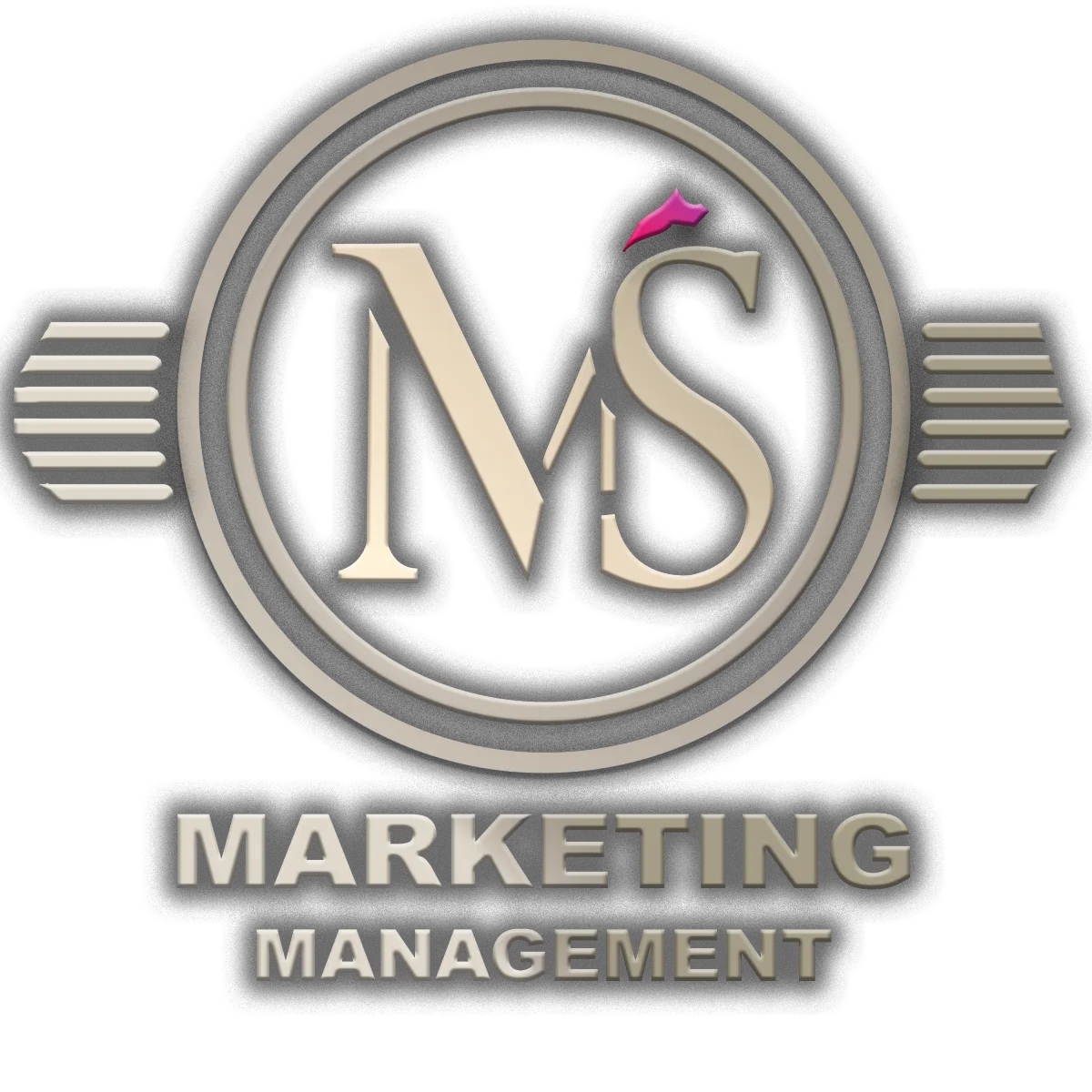Welcome to the MSMM Education and Learning Hub
At MSMM, we believe that knowledge is the key to success in today’s ever-evolving digital landscape. That’s why we created the Education and Learning Hub —your go-to resource for expert insights, strategies, and practical tips on everything from digital marketing and SEO to social media management and content creation.
Whether you're a business owner looking to grow your online presence or a marketer aiming to stay ahead of industry trends, our hub is designed to empower you with the tools and information you need to thrive.
Explore our in-depth articles, guides, and case studies, all crafted to help you navigate the complexities of digital marketing and achieve measurable results. Dive in and start learning how to elevate your brand, engage your audience, and drive growth with MSMM.
READING

Content Marketing: The Key to Driving Engagement and Brand Awareness
"Content is the atomic particle of all digital marketing." – Rebecca Lieb
In today’s fast-paced digital landscape, content is more than just words on a screen—it’s the foundation of any successful marketing strategy. Content marketing is the practice of creating and sharing valuable, relevant, and consistent content to attract and retain a clearly defined audience. In this blog, we’ll break down the key components of a content marketing strategy and explain how it can help your business drive brand awareness and customer engagement.
What is Content Marketing?
Content marketing involves creating high-quality, informative content tailored to your target audience’s interests and needs. Instead of pitching your products or services, content marketing focuses on delivering value through blog posts, videos, infographics, and more, ultimately driving customer loyalty and sales.
Key Elements of a Successful Content Marketing Strategy
1. Understanding Your Audience
The most critical part of content marketing is understanding your audience. Through tools like Google Analytics and customer surveys, you can gather insights about your audience’s demographics, interests, and pain points. This will inform the type of content you create and ensure it's relevant to your audience.
2. Creating High-Quality Content
High-quality content is informative, engaging, and valuable to your audience. The types of content you can create include:
Blog Posts: Write detailed, insightful articles that address common questions or concerns your target audience may have.
Videos: Engage users with informative or entertaining videos that showcase your brand’s expertise.
Infographics: Break down complex information into visually appealing graphics that are easy to understand and share.
Tip: For creating professional infographics, check out tools like Canva.
3. Consistency is Key
Content marketing is about building relationships with your audience, which requires regular posting. Create an editorial calendar to plan your content in advance and ensure consistency in your messaging.
4. Optimizing Content for SEO
Great content won’t have much impact if people can’t find it. That’s where Search Engine Optimization (SEO) comes in. Use targeted keywords, optimize meta tags, and include internal and external links to improve your content's visibility in search engines.
Check out our SEO guide for more tips on optimizing content for search engines.
5. Measuring Performance
After publishing content, it’s essential to track its performance. Using tools like Google Analytics, monitor metrics like page views, time on page, and conversion rates. This data will help you refine your strategy and focus on the types of content that perform best.
The Benefits of Content Marketing
A solid content marketing strategy offers several key benefits for your business:
Increased Brand Awareness: Regular, high-quality content helps establish your brand as a leader in your industry, making your business more visible to potential customers.
Improved Engagement: Engaging content encourages people to interact with your brand, whether through comments, shares, or direct communication.
Higher Conversion Rates: By offering value first, content marketing nurtures relationships with potential customers, guiding them down the sales funnel and increasing the likelihood of conversions.
Content Formats to Explore
Depending on your audience and goals, you can experiment with different content formats, such as:
Blog Articles: Ideal for providing in-depth insights on specific topics.
Case Studies: Showcase how your products or services solved real-world problems for clients.
How-To Guides: Offer step-by-step instructions to help your audience solve problems.
Whitepapers and eBooks: Share more in-depth knowledge and research on a particular subject.
Conclusion
Content marketing is essential for building long-term relationships with your audience, increasing brand awareness, and driving customer engagement. Whether you’re just starting or looking to improve your current content strategy, investing in high-quality content is a surefire way to boost your business’s growth.
Need help crafting a content marketing strategy that works? Contact MSMM today to get started on building your brand’s story, or go to MSMM Services for more info.

